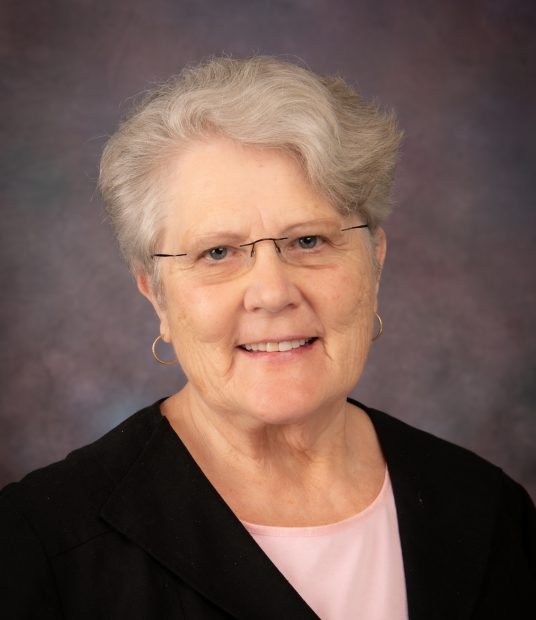Idaho’s new teachers feel unprepared for four common hurdles they face in the classroom, according to State Superintendent Debbie Critchfield.
It’s time for the state’s colleges of education to “listen to customer feedback” and better prepare teachers in those four weak areas, Critchfield said in an Aug. 21 State Board of Education public work session. Early discussions about how to do that are continuing this week in private meetings.

“Without question, the most important thing in a classroom for a child’s learning is the teacher, period,” Critchfield said at the August meeting. “One of the biggest things that any state can do to help student achievement is to prepare their teachers and we have the ability to do that systemwide.”
She’s proposing that colleges of education work together to develop consistent standards so teachers who got their education degrees in Idaho enter classrooms prepared for four common obstacles, which include:
- Reading and Literacy: All teachers need to be reading specialists who are trained in phonics, Critchfield said.
- Math: “We have to have our elementary teachers have a better understanding of the basics of math,” Critchfield said.
- Classroom management: Teachers need more training in behavioral health issues so they are more prepared to tackle issues that arise in the classroom. “We’re losing teachers because of it,” Critchfield said.
- Special Education: “Every single teacher has to be trained in special education,” Critchfield said. “That is one of the biggest gaps that we have for …supporting the academic success of any of our students.”
The concerns about a lack of preparedness in those areas “have come straight from the districts, from superintendents and supervisors, and teachers themselves,” Linda Clark, the State Board president, said.


Trustee Kurt Liebich offered his support for Critchfield’s plan: “If we’re hearing this from the superintendent of (public) education … this has to be a priority to recognize where we are today and then challenge ourselves to get better,” he said. “The status quo isn’t going to get it done.”
Critchfield clarified that her suggestions were not a condemnation of colleges of education: “We’re not saying they’re not doing a good job,” she said.
Instead, she characterized her suggestions as an opportunity: “Idaho can set the pace nationally for what we do to really support a teacher.”
Some new teachers are leaving the profession within three years “for a variety of reasons that are not financial,” Critchfield said, implying that teachers who are better supported will be more likely to stay around.
Related reading: While teacher retention rates are higher, long-term workforce concerns persist.
The education deans and leaders who were present — representing Boise State University, Idaho State University, University of Idaho and Lewis-Clark State College — generally seemed open to Critchfield’s proposal. Brooke Blevins, dean of the U of I’s curriculum and instruction department, said “we stand ready” to partner with the state to ensure that teachers are well-prepared in those four areas.
Critchfield acknowledged that her proposal “would be a very significant addition to what we do with our prep programs,” and would take some time to discuss, develop and implement.
“The bottom line is: What training makes a difference in classrooms for students?” Clark said. “That has to be our focus.”
